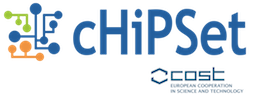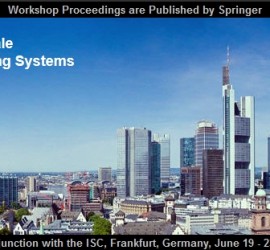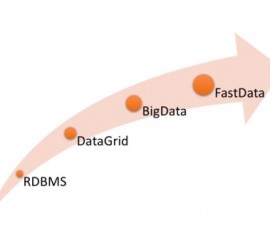CMSB 2016 in Cambridge
Dear Action Members Prof. Pietro LIo’ from University of Cambridge- cHiPSet WG2 and WG3 member, UK MC Substitute would like to invite you all for participation at CMSB 2016 event. CMSB2016 is the 14th conference on Computational Methods in Systems Biology and it will take place on the 21st to 23rd September 2016 in Cambridge. The website link is https://www.cl.cam.ac.uk/events/cmsb2016/index.html Its aim is to bring together researchers from across biological, mathematical, computational and physical sciences who are interested in the study and modelling of biological systems. CMSB2016 will be hosted at Cambridge University Computer Laboratory. The 3 days conference (plus a […]



